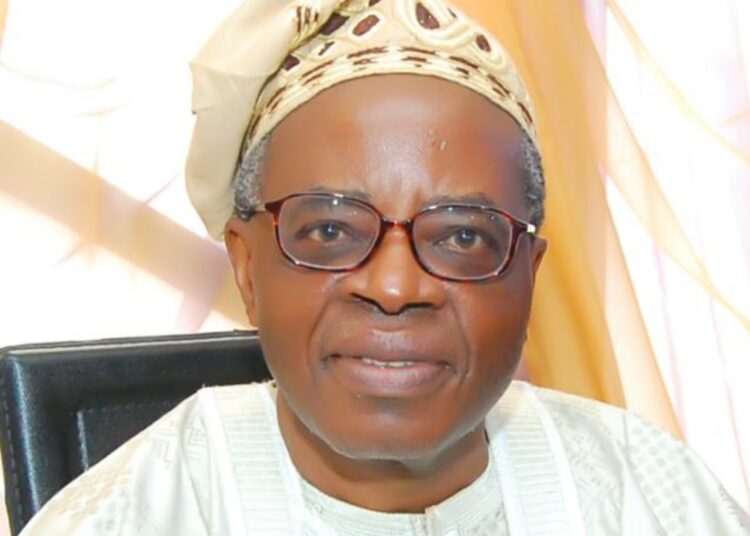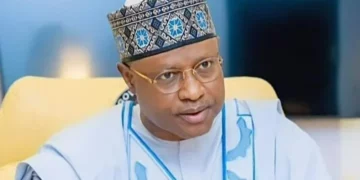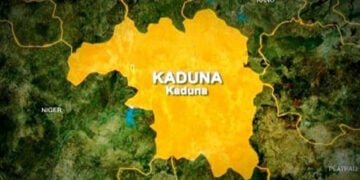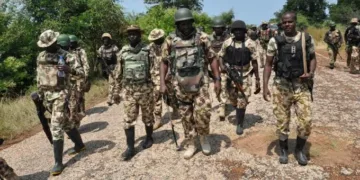What’s your take on the long delay in appointing ambassadors for Nigeria’s foreign missions after over one year?
In September 2023, President Bola Ahmed Tinubu (PBAT) exercised the prerogative of his high office and recalled all ambassadors/high commissioners serving the nation in all countries. He only allowed the Permanent Representative in New York to remain at his post to support him at the High-Level Meetings of the 78th UN General Assembly (UNGA).
Over a year now, PBAT has been unable to give accreditation letters to replacements, in spite of rumours in December last year that he was considering a list of potential nominees presented to him. At least, no transparent actions for external representations for Nigeria, including Senate screening, have taken place. Nigeria continues to maintain a number of diplomatic missions, but without ambassadors/high commissioners/permanent Representatives.
What are the implications?
This extended delay has far-reaching implications, some of which include diplomatic inefficiency and perception of weakness. Lower-ranking officers, such as chargé d’affaires, are left to manage complex diplomatic relations. These officials, while competent, lack the same standing and access afforded to fully accredited ambassadors or high commissioners, as stipulated by the Vienna Convention on Diplomatic Relations.
The absence of such representatives could imply weakness, inefficiency and that Nigeria does not prioritise relations with countries where the country has failed to designate the representatives of the Nigerian Sovereign.
The failure to show the flag at the highest level in many countries puts Nigeria at the same level as many weak countries that could not afford to open embassies in many countries. This diminishes the relevance of Nigeria at the international level, and this is the more unfortunate when we claim to represent ECOWAS if not the whole of Africa, at the world stage.
Let’s not calculate the losses in political and economic relations of not having representations at the highest levels. Included in this reduction in the perception of Nigeria as a regional power is the perception that we are not measuring up in chasing the phantom Security Council Permanent Seat being suggested for Africa.
The failure of Nigerian missions to meet contractual obligations in countries where the country has delegations also diminishes the international power perceptions of Nigeria by other nations.
Finally, career diplomatic officers are frustrated in reaching the pinnacle of their chosen service. Retirement rules may have caught up with some of those who qualified last year and should have been at posts as of now.
On the funding challenge
The Honorable Minister of Foreign Affairs indicated there have been funding problems. This raises many questions. Was a budget submitted and approved? Or is it that the Ministry of Foreign Affairs has not paid other civil servants enough “ẹgunjẹ” in order to have access to allotment? Has devaluation destroyed the value of the budgeted sums for Nigerian Missions abroad? Or is the problem a result of the profligacy of the PBAT administration in focusing on his family’s as well as his deputy’s enjoyment at the expense of the nation, as in the new additional plane and costs of maintaining the same as they all fly around the world?
Many embassies of other countries operate on the basis of receipts from consular services, like on the issuance of visas. In the case of Nigeria, what has been happening to these huge sums? Has the corruption pandemic been keeping visa and similar fees in private pockets under the civil rule, almost full privatisation of national patrimony? Many similar payments to Nigeria, one would have thought that the appropriate committees and the entire legislature would have oversight on, on behalf of Nigerians. But can they carry out such responsibility in a situation of corruption pandemic?
Should the Nigerian state continue to suffer broader geopolitical and economic consequences of this embarrassing delay in diplomatic appointments because of the internal contradictions and resource mismanagement within the current administration?
The current situation presents an urgent need for action. PBAT must be made to realise that national interest at the international level is bigger than his experience in being a local chieftain in Lagos state. Nigeria must restore its diplomatic credibility by swiftly appointing and accrediting ambassadors, high commissioners and permanent representatives. Without decisive steps, the country risks further continued decline in its political, economic, and security standing at the international level.











